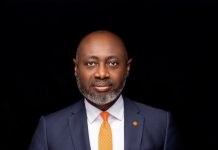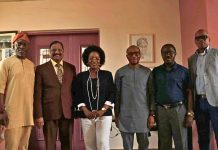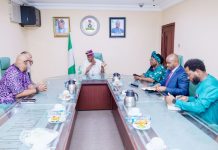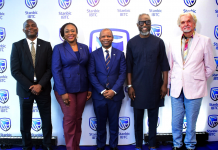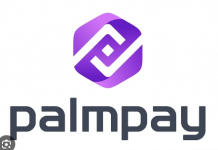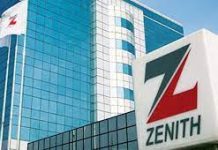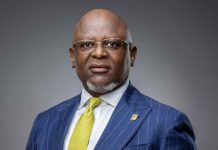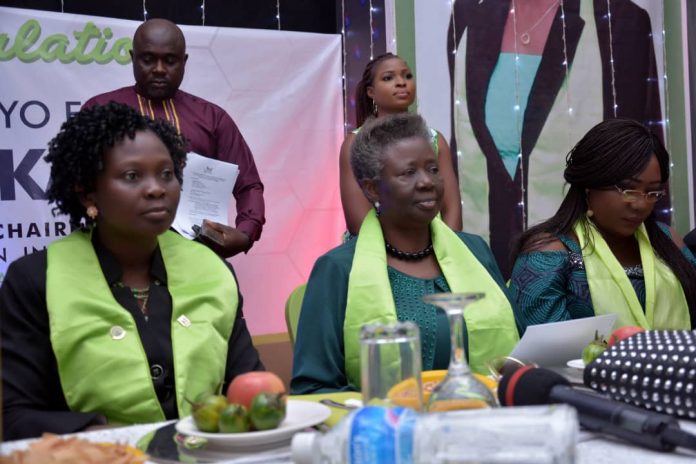The Lagos State chapter of the Society of Women in Taxation (SWIT) has elected Mrs. Titilayo Fowokan as its third Chairperson of the chapter. An investiture of the new leadership was held in Lagos to mark the commencement of her tenure.
At the investiture, the veteran taxation professional, Mr. Albert Folorunsho, who is also the managing consultant at Pedabo spoke on the theme; Global Tax Drive: Compliance for foreign direct investment in Nigeria.
Folorunsho said, “Global tax drive has become a necessity because multinational enterprises are taking advantage of loopholes in local laws as well as exploiting gaps in taxation treaties where they exist for their benefits.”
The Pedabo boss stated that “eCommerce and globalization have provided opportunities for entities to arrange their businesses in a way that they can obtain tax benefits in some jurisdiction.”
Folorunsho believed that the provision of tax havens for multinational organisations by host nations are depriving local entities the competitive edge against their foreign counterparts.
According to him, “Existence of tax havens is depriving local entities that created value the chances to compete therefore, unable to attract foreign direct investment. “
Speaking further the revered tax practitioner said, each country has its own tax system defined by its jurisdiction and national tax laws and organization of economic cooperation and development (OECD) and the United Nations (UN) tax model convention provide guides on how sovereign state should interact with each other.
“They are tax laws that guide and mandate given to G20/ OECD to curb profit sharing that give rise to the Base Erosion and Profit Shifting (BEPS) projects.
He said the projects has 15 action points, which he categorized as the tax challenges of a digital economy, the hybrid mismatch, controlled foreign corporation (CFC) rules, limitation of Interest, deductions, prevention of harmful tax practices, prevention of harmful tax practices and prevention of treaty abuse.
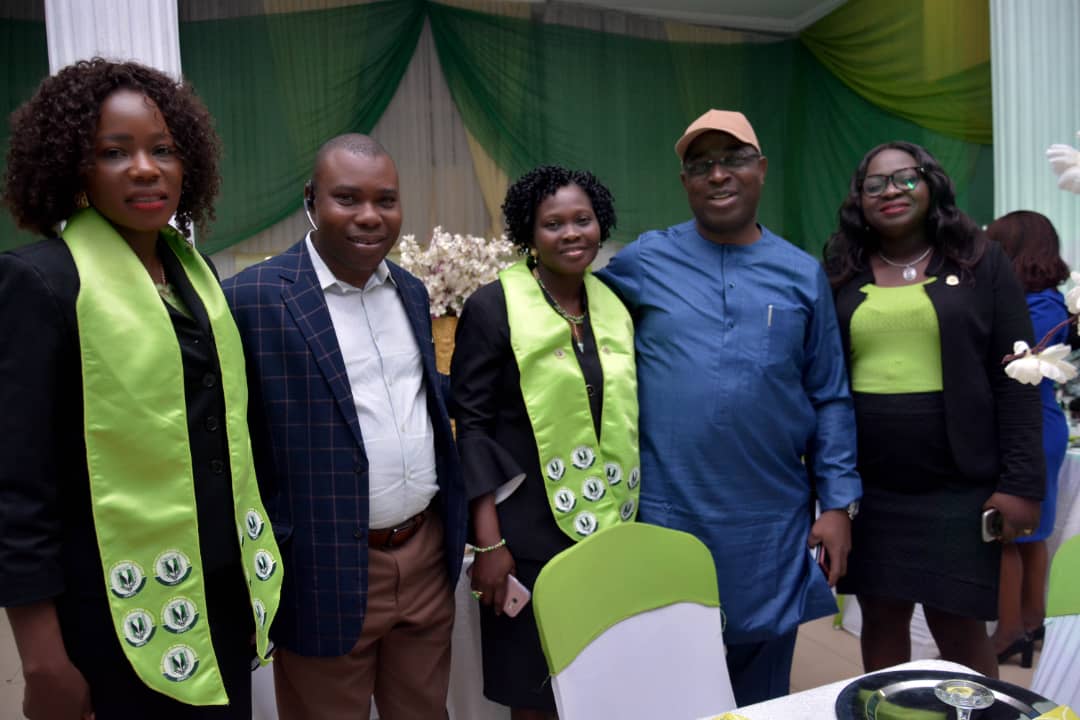

Others are prevention of the avoidance of permanent establishment status, intangible assets, capital and risks and other transfer pricing issues, data analysis and collection regarding the scale and economic impact of the BEPS project, mandatory disclosure of aggressive tax planning schemes, transfer pricing of document and country by country reporting, dispute avoidance and dispute resolution and development of a multilateral instrument for the implementation of BEPS action points.
Folorunsho said that dividend tax, multiplicity of taxation by various organs of government, lack of advance tax rulings on certain issues to provide to investors, wrong interpretation and application of tax laws, ambiguity in tax laws are some of the issues negatively affecting foreign direct investment ( FDI ) in Nigeria.
He however recommended the use of tax friendly jurisdiction that are financial service centres which cater for the needs of investors. He concluded by saying Nigeria cannot achieve her full potentials by increasing tax revenue alone. He however advised that government in his effort to increase revenue generation through taxation should always be mindful of its impact on the economic growth driver one of which is the foreign direct investment
According to Fowokan, the thrust of the investiture is on international taxation.
She said that across the globe, a lot of business are done via the tax net, thereby making it impossible for tax evaders to avoid tax payment.
The newly elected SWIT chairperson explained that with global tax drive, more companies will comply by paying their taxes. “Since their accounts are no longer private, they are now visible and can be seen and viewed by everyone, organisation will find it difficult to evade tax,” she added.
Fowokan stressed that with these methods in place, multinationals will be more dispose towards obeying the nation’ tax laws and recognise government willingness to punish defaulters and offenders whether foreigners or Nigerians.
“Once tax affairs are open, it is easy to access a tax payer’s account to know where they actually belong. As the FDI is coming to Nigeria, they are not just coming to get our resources. We are also getting our own fair share of the tax that belongs to the country.” She added.












